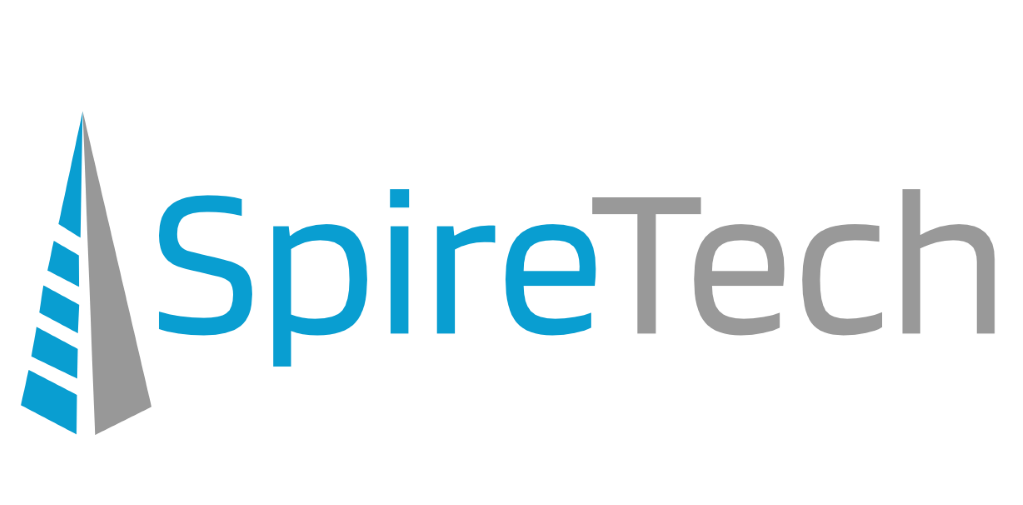used with permission from SBA.gov, by Anita Campbell
 Ask the typical small business owner which methods his or her company uses to communicate with customers, and email is likely to be at or near the top of the list.
Ask the typical small business owner which methods his or her company uses to communicate with customers, and email is likely to be at or near the top of the list.
But what happens as your business grows? If your business is anything like mine, the volume of email starts reproducing faster than a warren of rabbits.
Without even realizing it, you and your team may be spending hours each month hunting through inboxes just to find and organize important information. Email becomes a source of frustration; important communications are buried in individual team members’ inboxes, while the rest of the team doesn’t have a clue who is communicating about what with the customer leading to duplicated effort and potential opportunities falling between the cracks.
In short, email becomes the problem instead of the solution. As valuable as email is, businesses were never meant to be run out of inboxes That’s when you need specific software applications to help organize the flow of information and track and streamline activities.
Here are three types of software applications that I consider essential for growing businesses today:
CRM System
A CRM or Customer Relationship Management system will help organize your sales efforts, especially if you gather leads from multiple sources and need to act on those leads.
Beyond organizing the sales process, a CRM application also puts power into your hands to tap into your existing customer base for upselling and repeat sales. CRM also manages and tracks the effectiveness of your marketing efforts, with the best ones enabling you to measure the ROI from your marketing campaigns.
And finally, the best CRM apps integrate leads and contacts from a variety of sources. One of the problems inside many businesses is “siloed information.” You may have lots of data but it is spread out here, there, everywhere — in individual inboxes, in your email marketing system, in your social media profiles, in order entry systems, and elsewhere. Look for a cloud-based CRM where all team members can log in to and view information pulled from multiple sources and collected in a single place.
Project Management System
If you are using your inbox to process orders, and coordinate deliverables to customers, you’re doing things the hard way.
A good project management system will enable you to set deadlines, create tasks and make assignments to the appropriate team members. Look for a project management application that can be set up to automate workflow by notifying parties of new tasks automatically, sending reminders, and generating reports — without manual intervention needed. You will not need to worry about things falling through the cracks internally.
Also, consider a project management app with strong customer communication features. Good customer service often involves managing expectations, including when deliverables will be completed. The best project management systems are cloud based. This enables you to give customers direct login access for whatever information you deem it important they have. Don’t want to give direct access? Set up emailed status reports for customers to receive automatically.
Help Desk Software System
The third application that can streamline customer communications dramatically is a help desk software. Help desk enables you to receive all customer support inquiries and issues in a central place, where they can be assigned to someone on your team to handle.
Look for help desk software that offers the strong ability to set up automated responses to inquiries. That way customers know that their inquiry has been received and when to expect a response.
Beyond that, look for a system that includes good knowledge-base features, so that FAQs and common issues can be addressed with information published on your website. Many customers appreciate having self-serve information available 24/7. An added benefit: good online help information can cut down on live customer service calls and the attendant expense.
Those are my three key applications for small businesses that can streamline customers. Of course there are other applications. Which applications have helped you streamline communications with YOUR customers?
